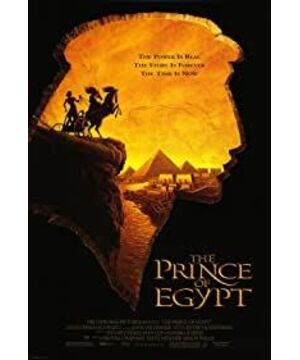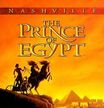Although I am not a Buddhist, I have obviously been influenced by Buddha a lot since I was a child. When I read the Bible, I would naturally compare God with the Buddha. One has Buddha nature, and the other has divine and human nature. Buddha saved all living beings, and the original people of God are Jews. From the selection of the first rescue object, we seem to be able to smell a breath of narrowness. Of course, as for Christianity derived from Judaism, it is another matter for Christianity to regard children all over the world as equal. At least the Old Testament recognized by both Judaism and Christianity indeed only regards the Hebrew nation as its own people.
Let's talk about God's paranoid monotheism. You must not believe in other gods, and you must not worship idols. God is the only true God. If you believe, you will be blessed. If you don't, you will be miserable. On the way to the Promised Land, Moses went to the top of the mountain to meet with God. After more than 40 days, the Hebrews were disturbed and built a golden bull. God was angry with him for idolatry and wanted to destroy his family. God bargains to save the people, tsk tsk~ It's really scary. The attitude of the Buddha seems to be a lot more detached, whether you believe in him or not, whether you do good or evil, let it be, and don't bother to regulate the behavior of the human world.
God's divinity is powerful, making his people reverent, and his human nature is narrow, and those who obey me will perish; those who obey me will perish. With such a clear insight into the human weakness in God's divinity, no matter how many people come to lobby, I'm doomed to not be a Christian or a Catholic, let alone Judaism, which excludes foreigners.
However, I also said that I have been influenced by Buddhist culture for a long time, and Central Plains Buddhism and Chinese culture have been intertwined for a long time. Just like the principle of one side's water and soil raising another's people, its teachings and ideas are obviously easy to be accepted by us who are born and raised. Therefore, in our conception, God should be magnanimous and benevolent and righteous. (I vaguely feel that there is a shadow of Confucianism...)
Then, perhaps in the concept of the Hebrew nation, God should be high above, enjoy the supreme divine authority, and cannot be violated? So we see that Moses was leading the Hebrews through all the hardships in the wilderness, but he went against the will of God because he struck the rock with a cane to bring out the spring water - just talk to the rock, such a small and insignificant He made a mistake and got the fate of not being able to set foot in the Promised Land. He had to watch from afar the beautiful land of Canaan, which was flowing with milk and honey, and died outside the Promised Land.
So after so much talk, the Exodus from Egypt is just the tip of the iceberg in the Bible, and everyone sees so many issues that do not conform to Chinese moral standards. Isn’t it unreasonable to read the entire Bible. We're just people living in two cultures, and it's not right to measure the Hebrews' stereotypes by our stereotypes, or vice versa.
Tolerance is the answer.
View more about The Prince of Egypt reviews











